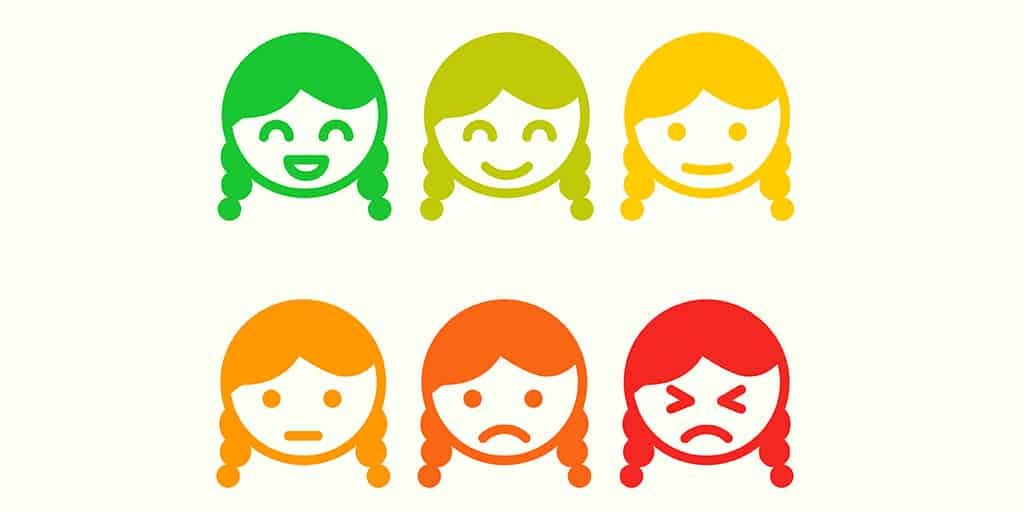Emotional skills training is often relegated to after-school programs or elective subjects that lacked the importance given to math and science. This is slowly changing, which is a good sign. Today, we are seeing a drastic shift in education priorities all across various teaching disciplines and styles. Even schools that utilize traditional teaching methods are now putting a bigger emphasis on emotional, social, and interpersonal skills as a way to prepare students for a future where attitudes, communication, and problem-solving are crucial tools for personal and professional success.
Table of Contents
Emotional Skills: What are they?
Emotional and social skills are skills that help build a sense of conscious awareness and control over one’s emotions. Emotional skills apply to:
- the ability to display self-control
- the ability to communicate feelings with words
- the ability to listen and pay attention
- the ability to ask for help –the ability to show affection
- the ability to empathize with the feelings of others.
These skills also cover being able to take pride in accomplishments, build a positive self-image, conduct self- introspection, and self-assessment. Good emotional and social skills include the ability to manage urges, control impulses, and place tempers under control, even under undesirable circumstances. Basic emotional and social skills are better ingrained when taught to children at a young age, using fun and familiar activities like play, talking about feelings, reflection, and the use of praise for good behavior and effort.
How Emotional Skills Training Can Be Applied in the Classroom
There are many ways through which emotional and social skills can be developed in the classroom. Teachers can use collaboration, activities that require teamwork and constant communication as well as group reflection and sharing. Teachers can also encourage active parent participation to ensure that parents are aware of their kids’ needs and can promote an environment of open communication. Parents can include after-school programs such as sports and music. Sports, especially team sports can hone communication and collaboration skills. Music can promote a child’s ability to express himself or herself and improve self-esteem.
Finally, teachers can foster emotional and social skills training by creating a safe space in the classroom where kids can go to calm down after a tantrum, seek someplace comfortable and safe when scared, and the like. The teacher can assist the learner by helping him or her calm down and walking him or her through the process of identifying feelings. Teachers can also assist learners in using techniques to handle feelings or emotions.

How Social and Emotional Skills Can Be Taught at Home
Children learn the basics of emotional skills at home. Aside from creating a place where children are allowed to freely express what they think and feel parents can also actively incorporate problem-solving in everyday life. Requiring kids to help out with the chores and to solve minor problems that can arise in the course of doing these chores is one example. Parents can also engage the kids in team or partner activities like doing the laundry, folding clothes, cleaning the backyard, or walking the dog. Activities that allow children to engage in situations that potentially can lead to frustration can help develop skills like independence, teamwork, resourcefulness, and confidence arising from being competent at certain tasks.
Why Focus on Emotional Skills?
Unlike traditional education settings which gave technical academic instruction higher importance, modern education now focuses on a holistic approach that aims to develop not only academic skills but emotional and social skills as well. This is because the development of these skills can help kids improve their overall school performance. Emotional and social skills training can help kids learn how to begin and nurture relationships, show empathy towards others, and become well-adjusted, likable human beings.
The development of prosocial skills help create kids and adults who are good at handling relationships and emotions, and this can influence how they work, how they form romantic and social relationships, how they learn, and how they contribute to the world around them.
Early training in early prosocial skills may even contribute to a decrease in problems related to education, employment, criminal activity, and substance abuse later on in life, as suggested by a 2015 study. Emotional development training as a priority for learning is long overdue. By teaching learners how to manage their emotions and how to interact with each other in respectful and empathetic ways, schools are shaping them to become sensitive, socially-conscious, and empathetic adults.